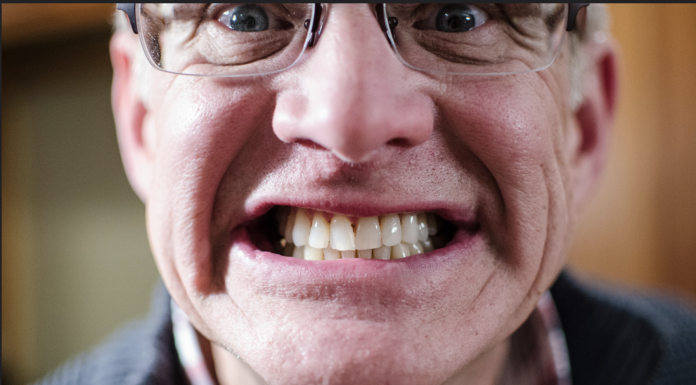Medical Xpress – A series of recently published opinions and letters in JAMA Internal Medicine present varying perspectives on the current state of US dental care all emphasize the need for evidence-based practices and changes in economic models.
The conversation kicked off in the July issue when Paulo Nadanovsky, DDS, Ph.D. and colleagues presented “Too Much Dentistry,” arguing that dental diseases and procedures are highly prevalent, costly, and often exceed spending on other major health conditions such as diabetes and hypertension.
They suggest that dental care in the U.S. is driven more by economic pressures and patient trust than clinical evidence, leading to excessive diagnoses and interventions.
Examples offered in “Too Much Dentistry,” include the treatment of noncavitated caries lesions (white spots) and routine fillings in children, practices that lack substantial evidence of benefit in preventing pain or infection.
The authors point out that caries have declined with growing public awareness of dental health since the 1970s, with things like brushing regularly and fluoride toothpaste.
“This financial need to maintain revenue for the practice is pointed to as the driving force behind excessive treatments.”
According to Nadanovsky, less tooth decay means less work for dental practices, which leads them to recommend more frequent regular visits (every six months) despite the lack of scientific evidence supporting the need for such frequent checkups.
In response to “Too Much Dentistry,” Yehuda Zadik, DMD, MHA, acknowledges the issues raised by Nadanovsky and colleagues but emphasizes the advancements in dental technology and preventive measures.
Zadik points out that contemporary guidelines now favor minimally invasive treatments over the traditional “drill-and-fill” approach. He also credits regular dental visits with better dental health outcomes and early detection of disease.
A subsequent letter by Zadik expands on themes of agreement with “Too Much Dentistry,” raising concerns about the lack of external oversight in dentistry, which affects all stages of care …
ASK YOUR DENTIST: Any time your dentist suggests a procedure, ask what the expected health benefits are, and what the risks would be if your delay or do not have the procedure. – HEADLINE HEALTH
Dr. Joanne Baldos and Dr. Adam Szymczak – Unnecessary dental procedures are by far the most common and most costly of all dental scams.
Any person who learns how to avoid unnecessary dental procedures will save more than 50% on dental costs over their lifetime!
Keeping clear of over-treatment not only saves you money but is also healthier for your teeth because dental work does not hold up as long as you own a natural tooth structure. Dental work leads to more dental work in the future!
Besides brushing and flossing, avoiding the dental scams of unneeded dental work is the next best strategy to improve your dental health.
This blog post is divided into 3 key sections:
1) Do dentists perform unnecessary dental procedures, and is it a dental scam?
2) Warning signs of a bad dentist:
3) Avoiding Top 11 Unnecessary Dental Procedures:
A patient is at a disadvantage when discussing dental treatment with a business dentist (a type of a bad dentist) as the dentist knows more and makes it make sense. Even out the information gap!!! Ask better questions to make better choices about your dental health.
We will give you insider knowledge of how the dental profession works, allowing you to dodge unnecessary dental work. You should read all 3 sections to maximize your chances of avoiding the experience of falling for a dental scam
No matter where you live in the world, no matter who your dentist is. Having insider knowledge will save you money and improve your dental health. Less dental work means more dental health!



